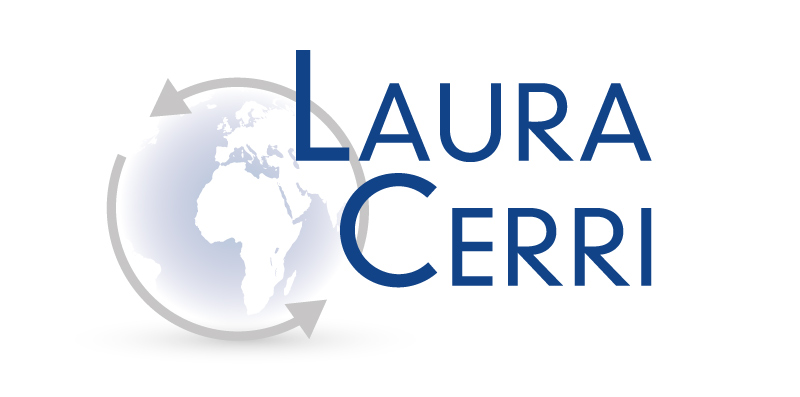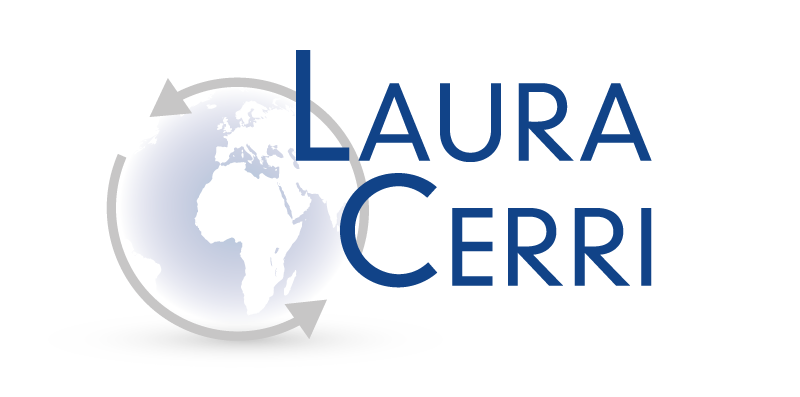Translation, certification, legalisation and language consultancy services from English, German and French mainly in the financial, legal and corporate sectors, for various types of clients, such as banks, investment funds, SICAV, asset management companies, tax consultants, certified accountants, international law firms, civil-law notaries, public relations companies, listed companies and translation companies.

TRANSLATIONS IN THE FINANCIAL SECTOR
Financial translation is strictly related to current events. It requires a deep knowledge of economic subjects, as well as constant updating on the changes in the laws and regulations governing drafting of official documents, and on both financial market developments and technical terminology, which is rich in neologisms often created by sector operators to describe new phenomena or realities.
Globalization has led to strong interrelations between national economies, and events occurring in one Country often produce effects at international level. Knowing the theories and principles underlying those relations, understanding the dynamics of a global context continuously evolving and using the right terminology is fundamental to achieve high-quality translation results.
Types of documents translated in the financial sector
- annual financial statements
- interim reports
- financial statements analyses
- audit reports
- accounting documents
- fund and SICAV prospectuses
- key investor information documents (KIIDs)
- Stock exchange technical analyses
- financial analyses
- market reports (weekly, monthly, quarterly, six-month, annual reports)
- market outlook
- articles for sector reviews
- financial press releases
- offering circulars
- stock option plans
- rating analyses
- transfer pricing analyses
- business plans
- due diligence analyses
TRANSLATIONS IN THE LEGAL SECTOR
Translating in the legal sector requires a deep knowledge of the different law systems and perfect mastery of sector-specific terminology. Each legal system has its own characteristics, stemming from particular traditions, cultures, values and interests. The classic distinction is between common law and civil law systems, which are based on different principles and often operate in different ways. Documents drawn up in a civil law system usually refer to written laws, rules and regulations, while those drawn up in a common law system are based on the doctrine of precedent. Therefore, translating entails a complex work of concept transposition, from both a language and a substantial point of view.

Types of documents translated in the legal sector
- various types of contracts and agreements (agency, distribution, supply of goods and services, representation, licence, employment, sale and purchase of company assets, rental, leasing, share transfer, merger, acquisition, spin-off, joint-venture, transfer of company, partnership, securitization, and servicing)
- memoranda and articles of association
- meeting notices and minutes
- powers of attorney
- Company Register certificates
- apostilles
- shareholders’ agreements
- memoranda
- bankruptcy proceedings
- affidavits
- certificates
- statements of claims
- pleadings
- petitions
- appeals
- judgements
- arbitration awards
- notarial deeds
- legal opinions
Certified and legalised translations
In some cases, translated documents need legal validity. Through certified (sworn) translation a translator certifies the effective correspondence between a translated document contents and the relevant original, as well as the correct and accurate execution of his or her assignment with the only aim of making the truth known. Translations may be sworn at Courts or at a Notary office.
If a translated document is meant for use in a foreign Country, legalisation is also required. Legalisation confirms the authenticity of the official’s signature on a public document. In this case, translations must be first sworn and then legalised at Courts.

TRANSLATIONS IN THE CORPORATE SECTOR
Translating in the corporate sector requires extreme accuracy and precision to ensure clear and effective company communication at both internal and external level. More and more often companies operate in multinational contexts and deal with employees, suppliers, partners or clients coming from different Countries, speaking different languages and having different cultural backgrounds. For this reason, knowing a company and understanding its specific requirements and needs is essential to transmit its vision, mission and objectives correctly, while complying with laws and regulations in force in all relevant Countries, also from the point of view of personal data protection and privacy, which have come to play an extremely important role.
Types of documents translated in the corporate sector:
- company profiles and presentations
- codes of ethics
- codes of conduct
- corporate governance documents
- company policies and procedures
- product sheets
- flyers
- websites
- press releases
- interviews
- newsletters
- marketing plans and strategies
- market research
- opinion surveys
- focus groups
- correspondence
- price lists
- invoices
- GDPR documents




